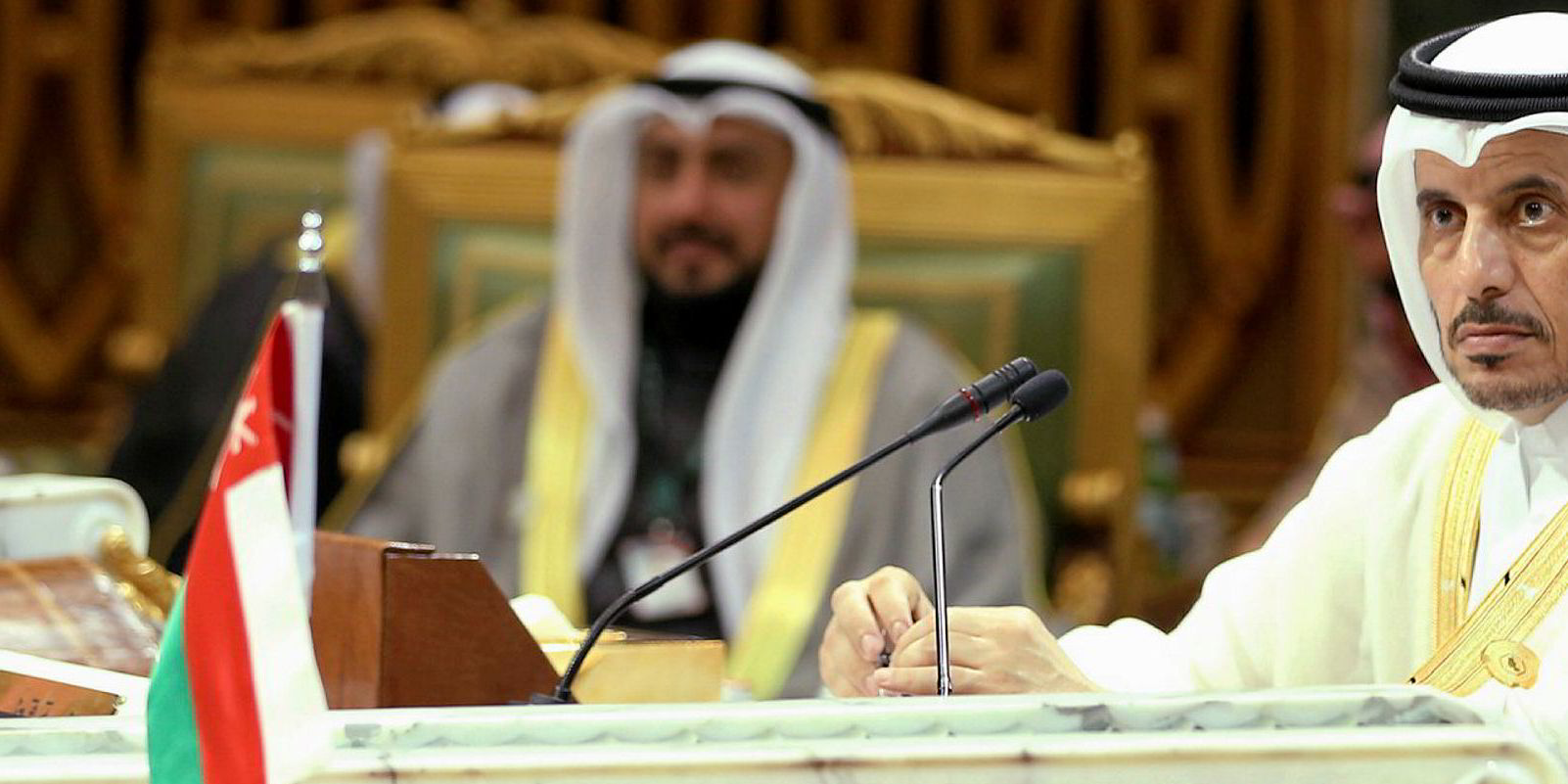A flourishing business landscape is bridging the gap between Qatar and Saudi Arabia, signaling a potential end to a years-long diplomatic rift that strained relations in the Gulf region. The animosity, which began in 2017, saw several countries, led by Saudi Arabia, impose a blockade on Qatar, severing trade ties and isolating the nation. However, a recent thaw has seen a surge in commercial activity, with Qatari companies leveraging their expertise to capitalize on Saudi Arabia's ambitious development plans.
The turning point came in 2021 when Saudi Crown Prince Mohammed bin Salman's visit to Qatar marked a symbolic gesture of reconciliation. This high-profile meeting wasn't merely diplomatic; it paved the way for a significant economic collaboration. Qatar, fresh off the heels of a decade-long construction boom fueled by the 2022 World Cup, found itself with a wealth of skilled companies and state-of-the-art infrastructure. Saudi Arabia, in turn, was embarking on large-scale development projects seeking precisely this kind of expertise.
One example of this newfound synergy is the story of Syrian-Qatari entrepreneurs Moutaz and Ramez Al-Khayyat. During the boycott, their business dealings with Saudi Arabia were entirely suspended. However, with the reconciliation, their fortunes have reversed. Their company, which defied the blockade by flying in cows to address a critical food shortage in Saudi Arabia, now boasts a hefty $7 billion pipeline of construction projects within the kingdom, with ambitions to double that figure. This sentiment is echoed by many Qatari firms who see Saudi Arabia as a lucrative market hungry for their specialized skills.
The economic revival isn't limited to construction. Qatar's vast natural gas reserves are another crucial element in this burgeoning partnership. As global energy demands rise, particularly in Europe seeking alternatives to Russian supplies, Qatar finds itself in a prime position. The resumption of normal diplomatic relations allows for a potential gas pipeline project that could see Qatari gas flow through Saudi Arabia, significantly boosting both nations' economies.
This newfound economic interdependence presents a compelling reason for both nations to maintain peaceful relations. The benefits of collaboration far outweigh the drawbacks of renewed conflict. While some political hurdles likely remain, the burgeoning business ties offer a promising path towards lasting stability in the Gulf region.

